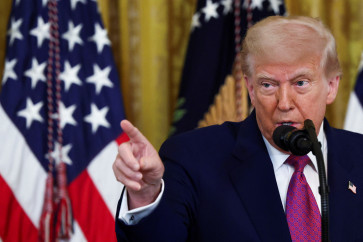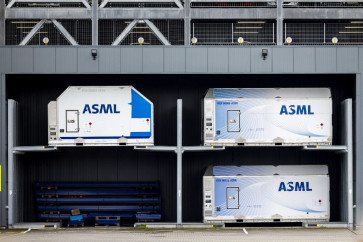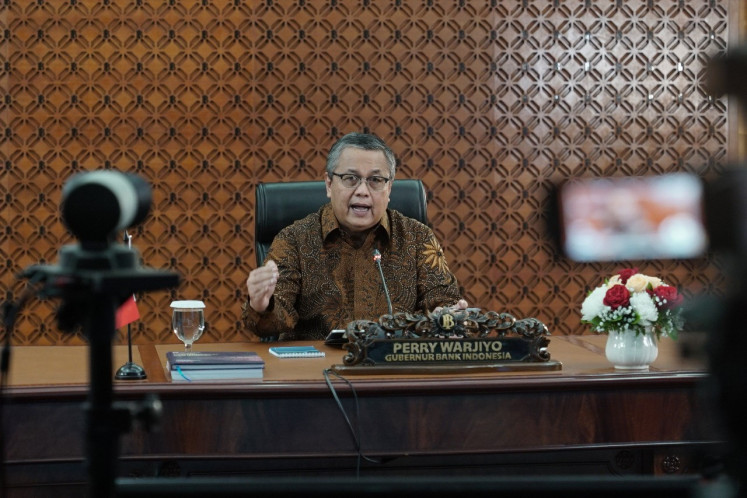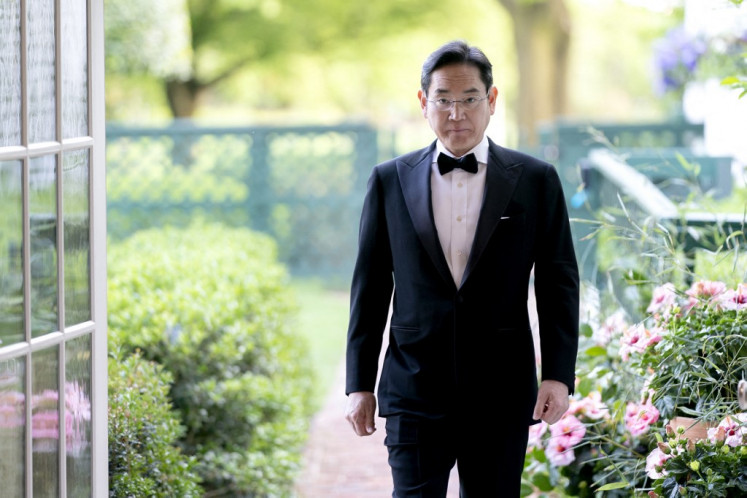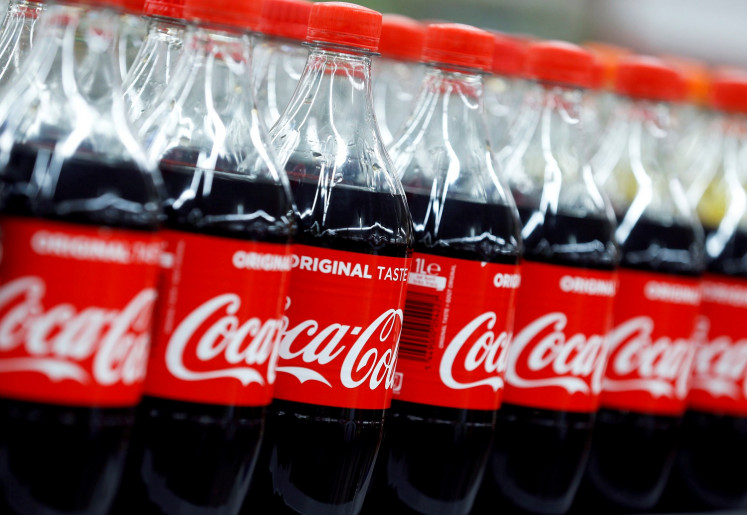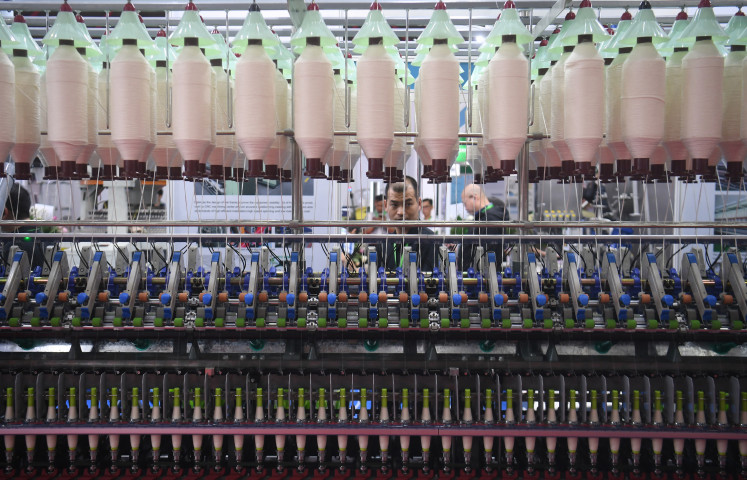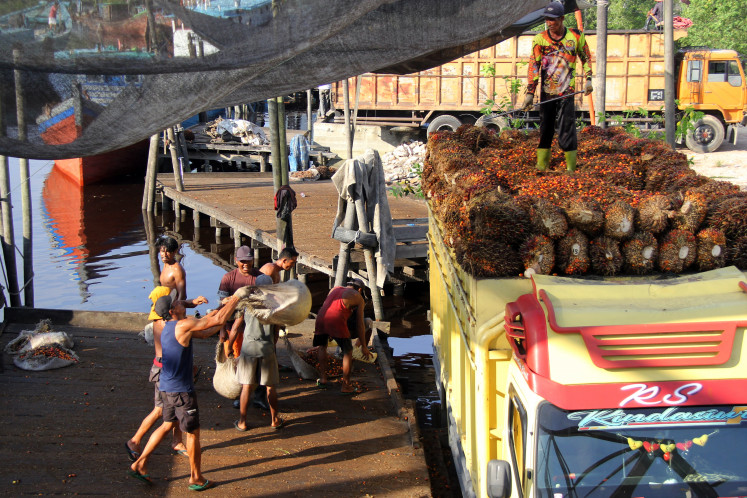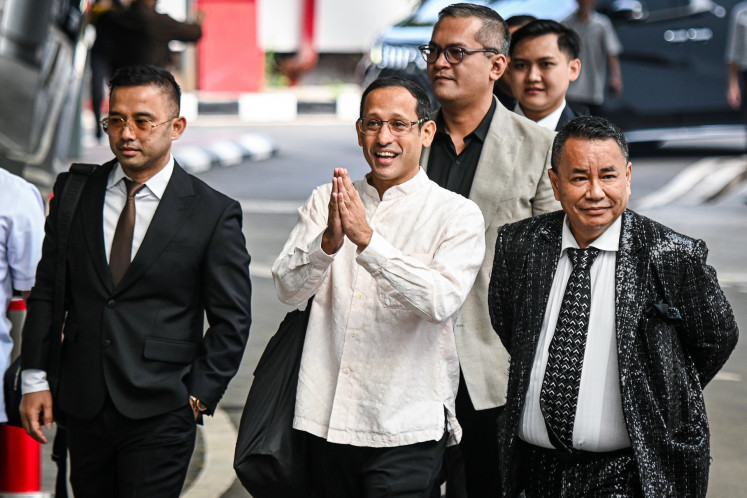Popular Reads
Top Results
Can't find what you're looking for?
View all search resultsPopular Reads
Top Results
Can't find what you're looking for?
View all search resultsHere’s why the 2025 state budget is a milestone for the Golden Indonesia 2045 vision
Change text size
Gift Premium Articles
to Anyone
C
entral government spending in the 2025 state budget has been set at Rp 2,701.4 trillion, consisting of non-ministry/institutional spending of Rp 1,541.3 trillion and ministry/institutional spending of Rp 1,160.1 trillion. Since 2021, central government spending has grown by 9.5 percent.
In a media event in Anyer, Banten, on Wednesday, the head of the State Budget Policy Center at the Finance Ministry’s Fiscal Policy Agency (BKF), Wahyu Utomo, said the 2025 state budget served as the basis for the achievement of the country’s Golden Indonesia 2045 vision.
"The 2025 state budget does not stand alone, but is rather a milestone to support the achievement of the Golden Indonesia 2045 vision," he said.
To that end, a variety of unusual breakthroughs are needed in terms of spending. Wahyu said central government spending in 2025 was encouraged to be of higher quality, focused on accelerating inclusive, sustainable and equitable growth.
The efficiency of spending on goods and government operations would be increased, he said, while capital spending, which provided leverage for economic growth, would be further strengthened.
In addition, targeted and equitable subsidies and social protection continued to be pursued.
"We are refining our social protection subsidies to be more targeted and more effective at reducing poverty. This is why we require accurate data to improve the synergistic distribution mechanism and integration of various relevant programs," Wahyu said.
Amid global conditions that are still full of uncertainty, the state budget remains a mainstay instrument in reducing and absorbing economic shocks. Therefore, Wahyu said, subsidies and compensation remained substantial.
Subsidies and compensation in 2025 are set at Rp 525 trillion, which aims to maintain price stability, protect people's purchasing power and support MSMEs. The subsidies consist of energy subsidies and compensation of Rp 394.3 trillion and non-energy subsidies of Rp 131.3 trillion, including subsidy reserves.
High-quality spending will also be increased through the equalization and improvement of public services through 2025 regional transfers (TKD), which are set at Rp 919.9 trillion.
"We need to synergize, harmonize central and regional policies, create new economic activity. The hope is that it can encourage growth as well as welfare and convergence, improving the quality of spending in the regions," Wahyu added.
Efforts to equalize development across regions also include improvements to regional budget spending, strengthening local taxing power and developing innovative financing.
Wahyu emphasized that in the midst of the ongoing global economic turmoil, the government had to continue to have fiscal discipline through risk control.
Revenue optimization, better spending and financing innovation continue to be carried out, while the 2025 state budget deficit has been kept within a safe limit of 2.53 percent.
"We want to ensure that this transformation and transition runs effectively, but also that the state budget is still kept healthy, not only in the short term but also in the medium to long term. The key to a healthy state budget is a strong stimulus, increasing public welfare and controlled risk," he said.
Source: Finance Ministry




